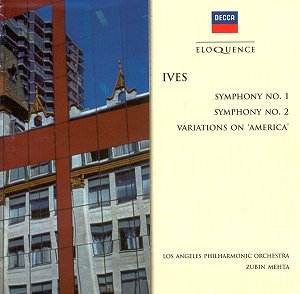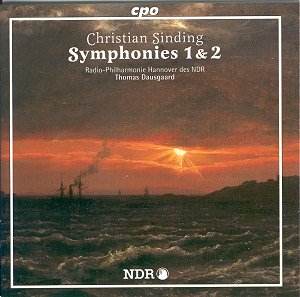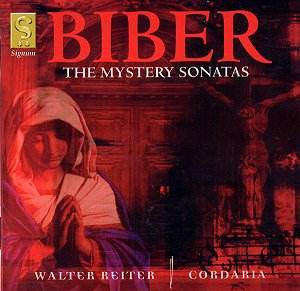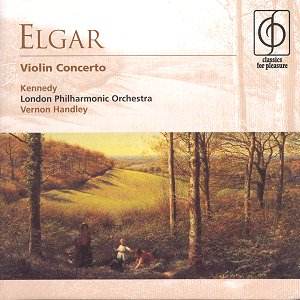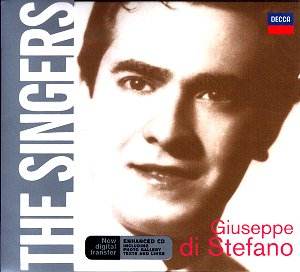 Composer: Giuseppe Di Stefano
Composer: Giuseppe Di Stefano
Works: Arias from Verdi’s Aida, Luisa Miller, Otello; Boito’s Mefistofele; Meyerbeer’s L’Africana; Ponchielli’s La Gioconda; Puccini’s La fanciulla del West; Cilea’s Adriana Lecouvreur; Leoncavallo’s La Bohème; Giordano’s Fedora; Pietri’s Maristella; Pizzetti’s Il calzare d’argento; Six traditional Sicilian songs
Performers: Giuseppe Di Stefano (tenor), Orchestra del Maggio Musicale Fiorentino conducted by Bruno Bartoletti, Orchestra conducted by Dino Olivieri
Recording: Recorded Teatro Comunale, Florence June 1962; additional Sicilian songs recorded in 1958
Label: Decca
Giuseppe Di Stefano, one of the most revered tenors of the 20th century, encapsulated the essence of Italian operatic tradition through his passionate interpretations and distinctive timbre. This compilation from Decca’s The Singers series serves as a testament to Di Stefano’s enduring legacy, showcasing a selection of arias from seminal works that defined both the operatic canon and his illustrious career. The collection spans a range of composers, from Verdi to Puccini, each piece reflecting the dramatic intensity and emotional fervor that characterized the tenor’s artistry.
The performances contained herein are imbued with a visceral energy that is both compelling and deeply affecting. Di Stefano’s interpretation of Radamès’s “Celeste Aida” is particularly noteworthy; his soaring high notes are complemented by a lyrical warmth that conveys the character’s ardent longing. The subtle shading in his delivery during the climactic moments not only highlights the aria’s inherent pathos but also showcases his ability to inhabit the emotional landscape of the role. Similarly, in “Dio! mi potevi scagliar,” the tenor’s robust vocal color and dramatic phrasing articulate Otello’s tortured psyche, allowing listeners to grasp the depth of his despair. Such choices reveal Di Stefano’s interpretative prowess, effectively marrying vocal technique with profound emotional insight.
The recording quality of this remastered release is commendable, capturing the richness of Di Stefano’s voice against the lush orchestration of the Maggio Musicale Fiorentino. The engineering deftly balances the tenor’s voice with the orchestra, allowing each aria to resonate with clarity and depth. Yet, while the orchestral forces are well-managed, one occasionally yearns for a touch more dynamic contrast to fully realize the dramatic potential of these operatic moments. The Sicilian songs, recorded under the baton of Dino Olivieri, offer a refreshing contrast to the more dramatic arias, showcasing Di Stefano’s ability to convey warmth and intimacy through simpler, folk-inspired melodies. Here, his tonal beauty shines, enhanced by a sense of nostalgia that evokes the rich cultural heritage of his homeland.
Comparatively, while Di Stefano’s interpretations can be contrasted with those of contemporaries like Luciano Pavarotti—whose own interpretations, though similarly heartfelt, often lean more towards a polished grandeur—Di Stefano’s performances stand out for their unfiltered emotional expressiveness. This quality, which some may interpret as excessive emoting, ultimately serves to draw the listener deeper into the emotional core of each piece. Such authenticity is a rarity in modern recordings, where technical prowess often overshadows the visceral connection to the music.
The inclusion of a CD-ROM featuring a photo gallery, texts, and additional links enriches the listening experience, offering deeper insights into Di Stefano’s illustrious career and the historical context of the works. This thoughtful presentation allows audiences not only to appreciate the vocal artistry but also to engage with the significant cultural narratives that these arias represent.
Giuseppe Di Stefano’s contributions to the operatic art form are both profound and enduring, as evidenced by this carefully curated collection. His ability to engage with the emotional essence of the music, combined with the technical brilliance of his voice, makes this recording an essential addition to the discography of any opera aficionado. The fraught passions, the lyrical beauty, and the heartfelt sincerity encapsulated in these performances serve as a resounding reminder of why Di Stefano remains a towering figure in the pantheon of operatic greats.
